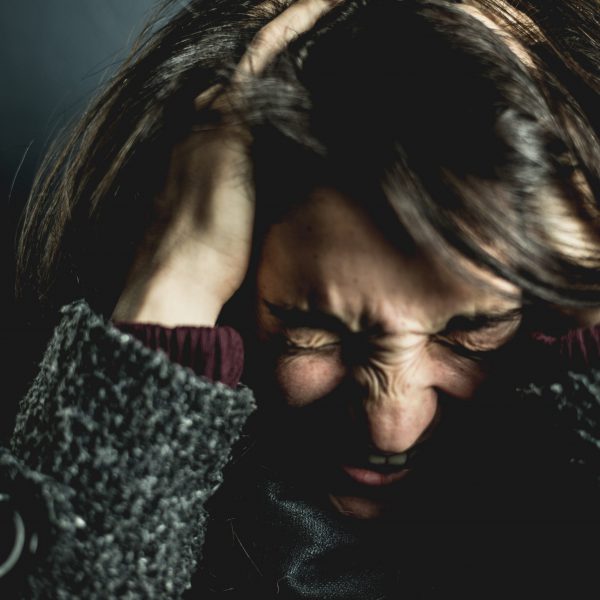THINKING
Obsessions (i.e., disturbing and/or repetitive thoughts that you can’t seem to get out of your mind); replaying memories of embarrassment, humiliation or losses and difficulties; a mental preoccupation with safety concerns; a mental focus on a self that is flawed, vulnerable and/or incapable; mental rehearsals of possible future difficulties or encounters; a belief that others have it more “together” than you do.
